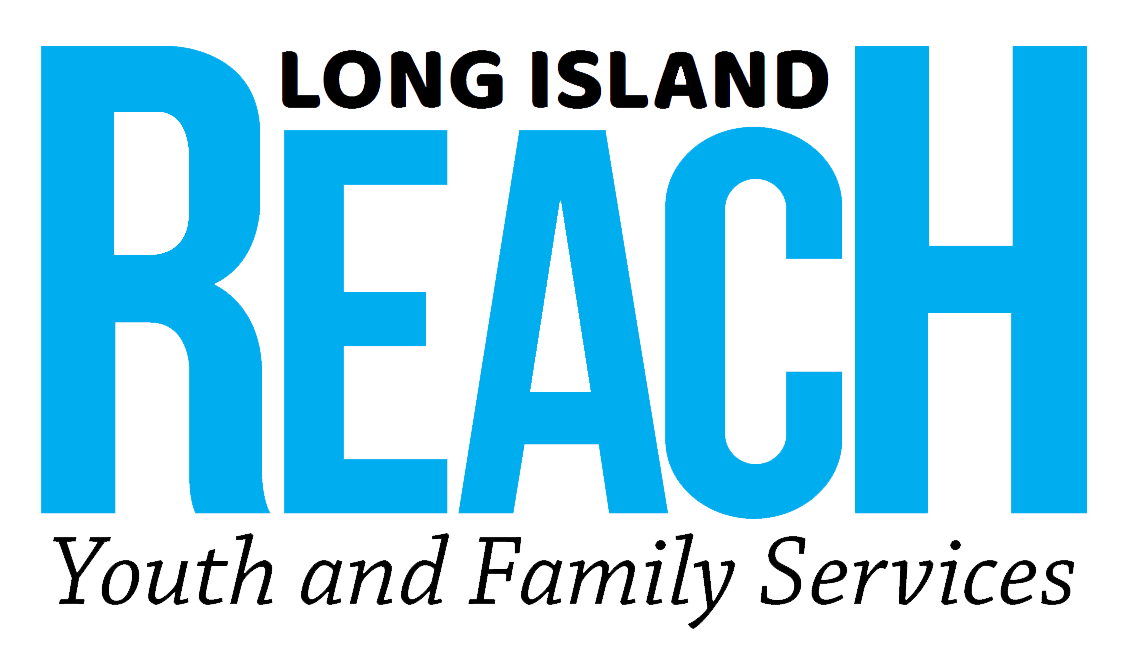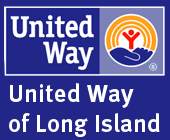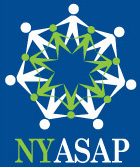Telehealth: What It's Like to "Meet" With your Therapist Virtually
By Emily Guarnotta, PsyD
Long Island Reach
Long Island Reach remains open during the COVID-19 health crisis by providing substance use and mental health treatment via telehealth..
Call 516 889-2332 to schedule an appointment..
What is telehealth?
Telehealth is the delivery of medical and mental health services using technology. Over the past decade, many substance use and mental health providers have started offering telehealth to their clients by providing therapy sessions or medication visits over the phone or using video conferencing. Since the COVID-19 outbreak in early 2020, most mental health providers have switched to exclusively offering telehealth for the time being.
If your therapist or medication provider recently switched over to telehealth, it is normal to feel anxious or uncertain about the process. Rest assured that with more information and some time to adjust, many people find that telehealth is a beneficial alternative to face-to-face treatment. In fact, research studies show that telehealth is effective in treating many common substance abuse and mental health conditions, including depression, anxiety, and posttraumatic stress disorder (PTSD).
Psychotherapy
During a telehealth therapy session, your therapist will conduct your session over the phone or through a video conferencing platform. The way that your therapist conducts the session will depend upon their particular style, but for the most part it will be similar to meeting face-to-face in your therapist’s office.
Medication management
During a telehealth session with your medication provider, he or she will conduct a similar medication visit as if you were meeting in person. They will ask you how you are doing on your medication, inquire about any side effects, and discuss any recommended changes. At the end of the visit, they will electronically send in your medication prescription to your pharmacy, where you can pick it up or arrange a delivery.
Tips for a more natural telehealth experience
At first telehealth can feel a bit unnatural. You might miss seeing your therapist or medication provider in person and picking up on non-verbal cues that could be missed over the phone or video chat. Though it may be hard at first, many people adjust rather quickly. Consider the following tips for creating a more natural telehealth experience:
- Video conferencing or phone call. Telehealth conducted through telephone is quite effective. Video may help ease some of the initial awkwardness of this approach and help you and your therapist pick up on each other’s non-verbal cues such as facial expressions and body language.
- Find a quiet, office-like space. Try to recreate the feeling of being in your therapist’s office by finding a space in your home that is quiet and peaceful. Many people have noted that conducting telehealth in their bedroom is too distracting, but finding space in their office or dining room feels more natural. Finding a space that is also private is necessary. If there are no options for privacy in your home, your car may be an alternative.
- Do a quick practice run. If you’re using video, take a few minutes to do a quick run through and check that your internet connection, video camera, and browser are working properly. If you run into any problems, your provider may be able to offer some advice, since they are also relying on technology.
- Don’t hesitate to discuss your feelings about telehealth. If you’re having any feelings about the telehealth process, such as anxiety, fear, or discomfort, it could be helpful to bring them up with your therapist. Therapy is a good opportunity to process any emotions you are feeling, even if it involves your therapist or the therapy process. Once your therapist is aware, he or she can help you work through these feelings and make adjustments to help you feel more comfortable.
At first it can be hard to transition to telehealth, but with some time and support from your therapist or medication provider, you will likely find that telehealth is an effective alternative to face-to-face treatment.
Treatment During Quarantine
Coping with Cravings
- Escape the trigger if possible. In some cases, you may be able to escape the trigger for the craving completely. For example, staying away from bars, liquor stores, and the alcohol aisle of the grocery store, turning off alcohol and drug-related shows and commercials, and avoiding conversations surrounding substances can all be helpful. Take an inventory of your triggers and note the ones that can be avoided.
- Delay and distract. When you feel an urge come on, remind yourself that this feeling will pass at some point. Your goal is to ride out the wave of the craving without using and drinking. In the meantime, positive distraction can help you buy time until the craving either diminishes or passes completely. Consider setting a timer for 15 to 30 minutes and do something distracting, like reading a book, watching television, or doing chores. When the timer is up, reassess the intensity of your urge. If your craving is still high, repeat the same steps again.
- Accept rather than resist your cravings. Remember that cravings are uncomfortable, but not harmful. Encourage yourself to sit with your discomfort and know that you can get through it. Practicing mindfulness and meditation can help you accept your discomfort around cravings. For more information about how to use mindfulness to aid in your recovery, see the Mindfulness Based Relapse Prevention site, which offers free meditations for people in recovery.




